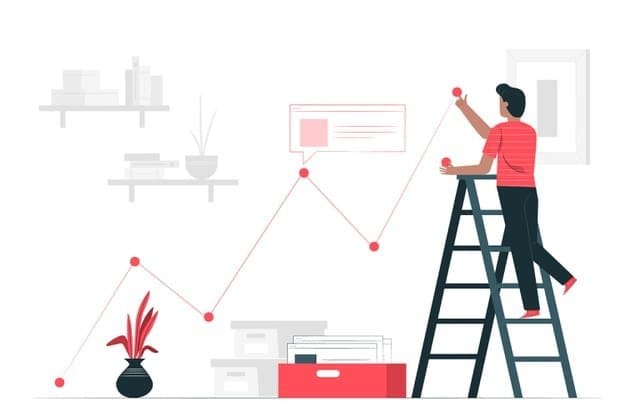Employment, inflation still concerns.
Manufacturing sector continues to record good performance as the Purchasing Managers’ Index (PMI) clocked 57.5 in February, almost similar to 57.7 recorded in January. However, the employment problem is still not out of the woods as payroll numbers saw a decline for the eleventh successive month. Also, cost inflation has seen a surge.
Manufacturing sector has a share of around 15 per cent in gross domestic product (GDP). It is one of key sources of employment.
Commenting on the latest PMI number, Pollyanna De Lima, Economics Associate Director at IHS Markit, said that Indian goods producers reported a healthy inflow of new orders in February, a situation that underpinned a further upturn in output and quantity of purchases. Still, “the data indicated that production growth could have been stronger should firms have appropriate resources to handle their workloads. This was evident from a quicker rise in outstanding business and another decline in inventories of finished goods,” she said,
The headline PMI is a weighted average of the following five indices: New Orders (30 per cent), Output (25 per cent), Employment (20 per cent), Suppliers’ Delivery Times (15 per cent) and Stocks of Purchases (10 per cent).
Some companies indicated that capacity expansion through hiring was not currently possible due to existing restrictions on labour working hours. However, many hope that such controls will shortly be removed as the vaccination programme widens. Once larger parts of the population are immunised against Covid-19 and restrictions start to be lifted, companies expect a gradual improvement in economic conditions which they hope will translate into output growth.
“The overall degree of business optimism was the joint-highest for three months. The upbeat mood supported the fastest increase in input buying for almost a decade as companies focused on rebuilding their input stocks to fulfil demand growth. February data showed the sharpest monthly rise in pre-production inventories in the survey history,”
According to the report accompanying PMI, February data pointed to the strongest increase in input inventories in the survey history as firms reacted to rising production needs by lifting purchasing activity. The expansion in input buying was the fastest in almost a decade.
The report noted that robust demand for inputs led suppliers to hike their fees. Survey members noted greater prices for a number of items such as chemicals, metals, plastics and textiles. The overall rate of cost inflation hit a 32-month high. Although factory gate charges also increased in February, the rate of inflation was modest and eased from January’s 13-month high. Supplier performance broadly stabilised in February, after worsening in each month since last March.
Latest data pointed to heightened capacity pressure among goods producers, with backlogs of work rising at the fastest pace in three months. Concurrently, payroll numbers fell further amid the observance of government guidelines aimed at halting the spread of Covid-19 by implementing shift work. The decline was the eleventh in successive months, the report said.

